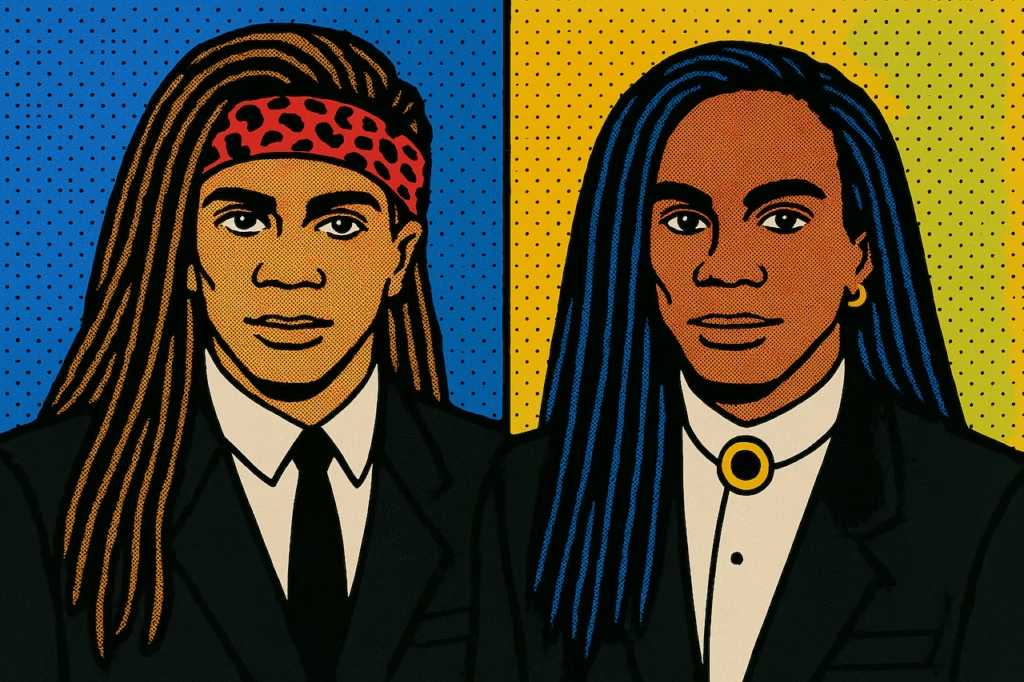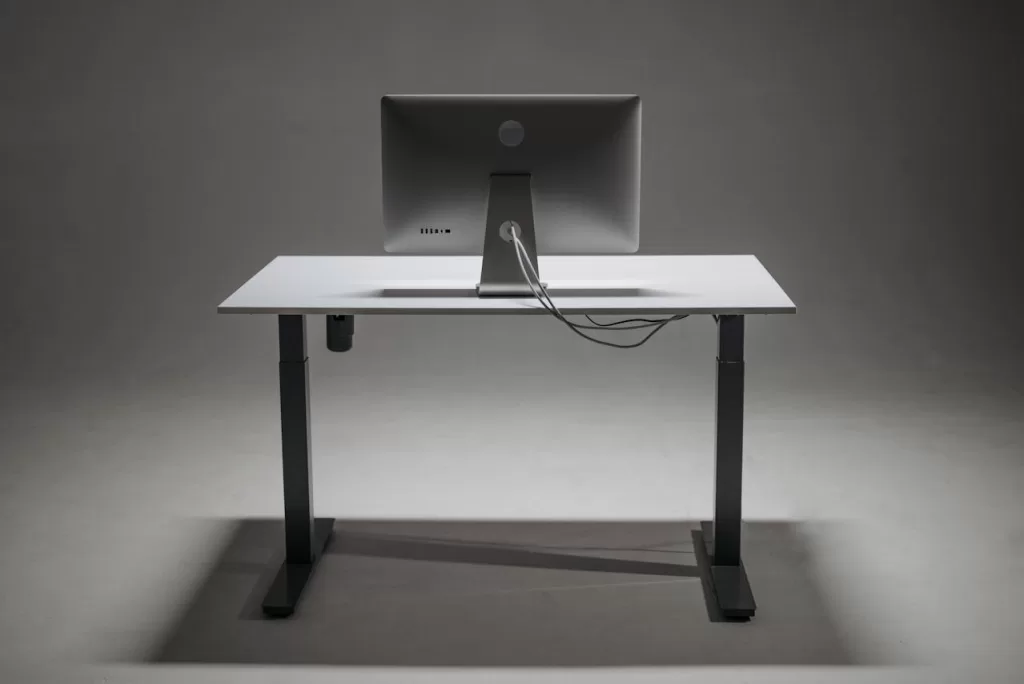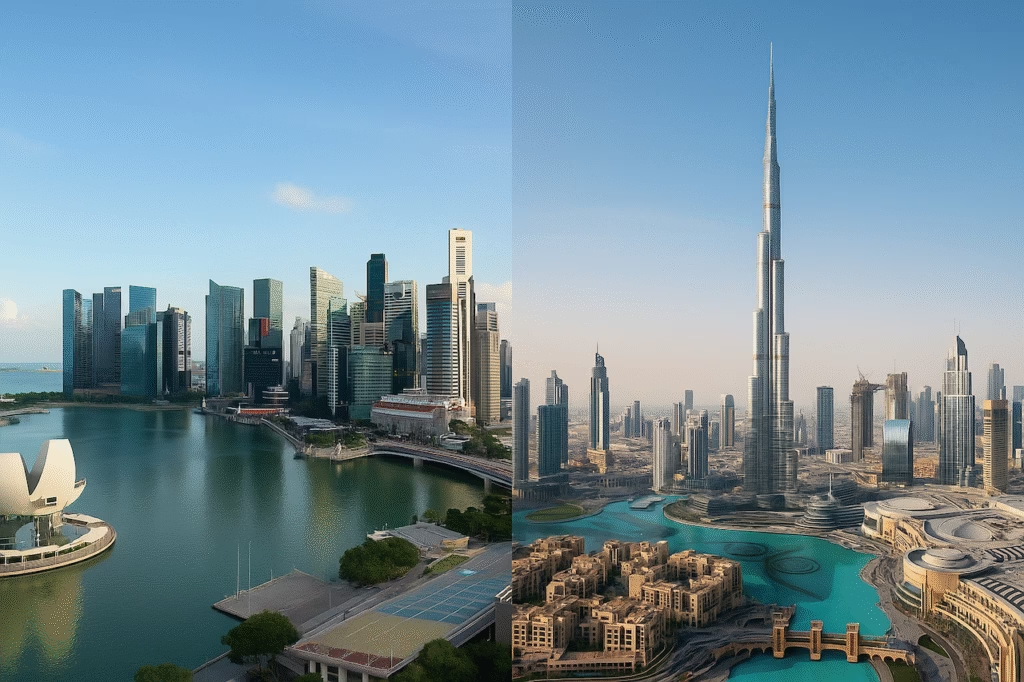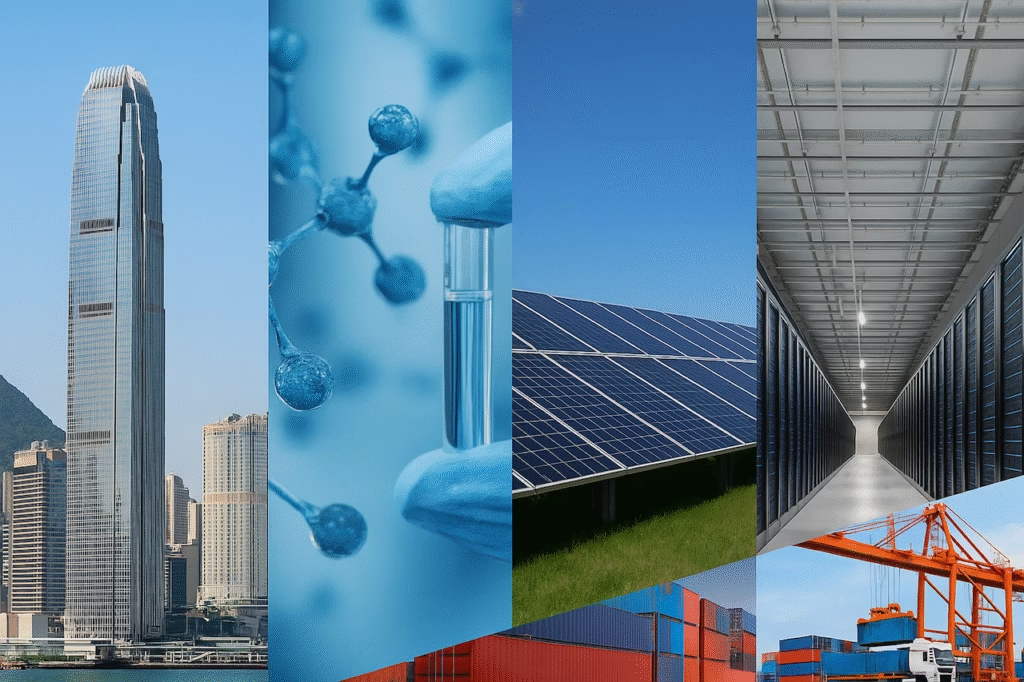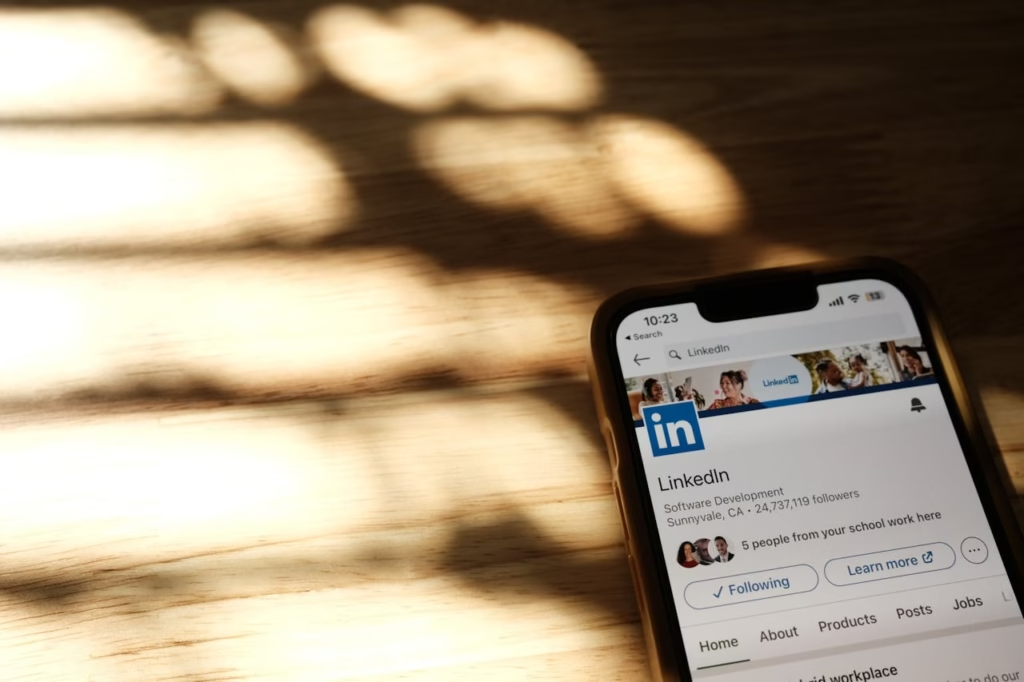Mark Cuban made waves recently with a bold prediction:
“Within the next 3 years, there will be so much AI, in particular AI video, people won’t know if what they see or hear is real. Which will lead to an explosion of face‑to‑face engagement, events and jobs. Those that were in the office will be in the field. Call it the Milli Vanilli effect.”
At risk of showing my age, and for anyone unfamiliar, Milli Vanilli were a pop duo in the late 1980s and early 1990s who shot to fame, until it was revealed they hadn’t sung a note on their hit records. The fallout was swift and brutal. Fans felt duped, trust evaporated, and their careers collapsed.
Cuban’s point is that as artificial intelligence grows more sophisticated, especially in generating lifelike video and audio, our ability to trust what we see and hear online will decline. And as that trust erodes, the value of genuine human interaction will rise again.
It’s a compelling and timely perspective, especially when viewed through the lens of future workplace planning.
The Trust Premium
In many sectors, trust is moving up the value chain. Clients, colleagues and partners all want to feel confident not just in what’s being said, but in who is saying it. As AI-generated content becomes harder to distinguish from reality, this “trust premium” could bring people back together in the real world.
So what does this mean for the workplace?
-
- Face-to-face time may become a strategic asset, not a default. In-person meetings could shift from routine to high-impact, reserved for moments where credibility, relationship-building or complex decision-making are key.
-
- Hybrid strategies may evolve again. Rather than defaulting to two or three days in the office, we might see a new rhythm emerge, one based around moments of trust, not just tasks?
From Office to Field
Cuban also suggested a shift in work style:
“Those that were in the office will be in the field.”
This raises interesting implications for corporate real estate and workplace strategy leaders. If certain roles due to increased administrative automation move further away from desk-based work and increasingly into more client-facing, experiential, or relational contexts, what happens to the spaces we’ve designed?
Consider:
-
- Sales teams, consultants, and relationship managers may spend even less time at a permanent desk and more time in temporary, flexible or shared environments, closer to clients, markets, and live engagements.
-
- Offices may become more event-like, designed for team summits, client showcases, or cultural alignment, not daily grind.
-
- ‘Field presence’ might become the new ‘office presence’. It could be even more valuable to show up in a client’s space than your own.
This isn’t about abandoning the office, it’s about rethinking its purpose again. Perhaps the second big rethink following the first big shift after the pandemic.

What Happens to HQs?
If we follow this logic, head offices won’t vanish, but their roles may shift toward:
-
- Authenticity hubs – where company culture is lived and shown to new hires, partners and investors.
-
- Credibility spaces – used for hosting, showcasing and relationship-deepening with external stakeholders.
-
- Alignment moments – where cross-functional teams come together to reset direction and reaffirm purpose, face to face.
In other words, the office becomes less about productivity and more about proof. A place to demonstrate what’s real..
Implications for CRE
If you’re involved in workplace or real estate decisions, this shift brings questions worth asking now:
-
- Are our spaces optimised for future trust-building or just task completion?
-
- Do our hybrid policies allow for the kind of in-person engagement that will matter more, not less, in an AI-saturated world?
-
- Should we invest more in flexible, outward-facing environments, and not just internal-facing desks?
These aren’t easy questions. But the organisations that adapt fastest will likely be the ones that understand a subtle truth: as AI reduces friction in how we communicate, it increases the value of how we connect.
Cuban’s “Milli Vanilli effect” may sound like a pop-culture aside, but there’s wisdom in it. When technology reaches a point where illusion is indistinguishable from authenticity, the real will become rare, and therefore, more valuable.
In corporate real estate, we often talk about the future of the office in terms of cost, space, and efficiency. But maybe the next evolution is more human than that.
![The [RE]Search Co.](https://re-search.co/wp-content/uploads/2025/02/The-RE-Search-Co-Orange_Grey-png-350x51.avif)
